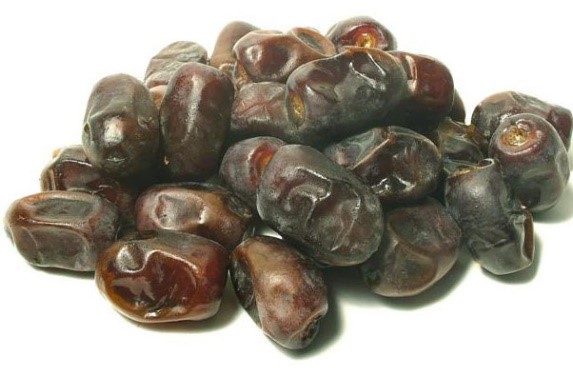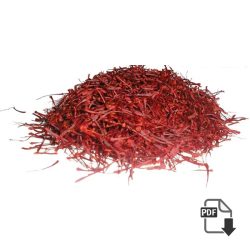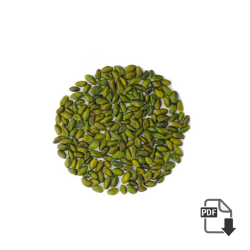Discover Their Health Benefits
Understanding Dried Prunes and Their Nutritional Value
Dried prunes, often celebrated for their natural sweetness and rich flavor, are not just a delicious snack; they are also packed with nutritional benefits. One of the most frequently asked questions about dried prunes is, “Are dryed prunes high in fiber?” The answer is a resounding yes! Dried prunes are indeed high in dietary fiber, making them an excellent addition to a balanced diet. This article will explore the fiber content of dried prunes, their health benefits, and how to incorporate them into your meals.
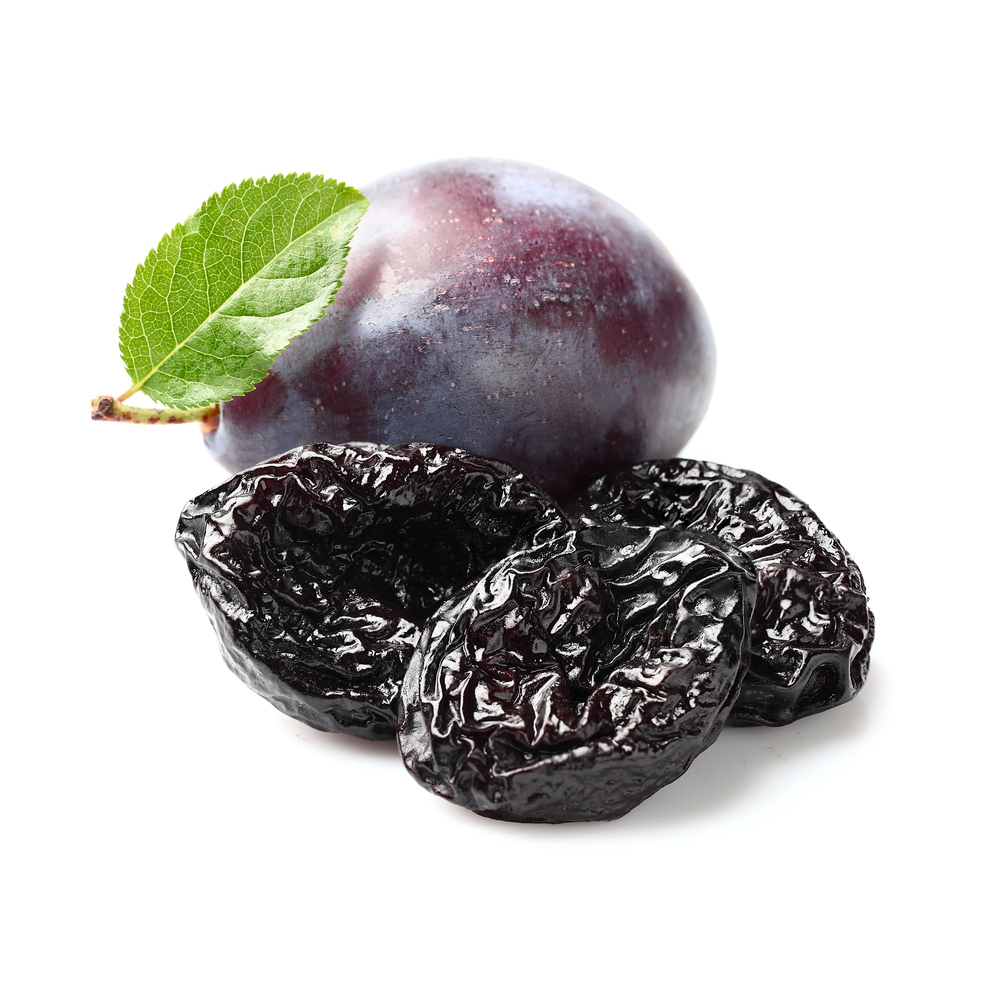
The Fiber Content in Dried Prunes
Dried prunes are known for their impressive fiber content. On average, a 100-gram serving of dried prunes contains about 7 grams of dietary fiber. This amount represents approximately 28% of the daily recommended intake for adults. The fiber in dryed prunes comes in two forms:
- Soluble Fiber: This type of fiber dissolves in water and helps regulate blood sugar levels, lowers cholesterol, and promotes heart health. Soluble fiber can also aid in digestion and keep you feeling full longer.
- Insoluble Fiber: This fiber does not dissolve in water and adds bulk to your stool, promoting regular bowel movements. It helps prevent constipation and supports overall digestive health.
Including dryed prunes in your diet is an effective way to increase your fiber intake while enjoying a tasty treat.
https://www.irandriedfruit.com/can-dried-prunes-go-bad/
Health Benefits of Eating Dried Prunes
In addition to being high in fiber, prunes offer numerous health benefits that make them a smart choice for a healthy lifestyle:
- Promotes Digestive Health: The high fiber content in dried prunes aids digestion by preventing constipation and promoting regular bowel movements. The sorbitol present in prunes also has a natural laxative effect, making them particularly effective for digestive issues.
- Supports Heart Health: Dried prunes are rich in antioxidants, vitamins, and minerals that contribute to heart health. Their soluble fiber can help lower cholesterol levels, while potassium can help regulate blood pressure.
- Aids Bone Health: Prunes are an excellent source of vitamin K and minerals like boron and potassium, which are essential for maintaining strong bones. Studies have shown that consuming dryed prunes may help prevent bone loss, especially in postmenopausal women.
- Assists in Weight Management: The fiber in dried prunes promotes a feeling of fullness, which can help curb overeating and support weight management. Adding prunes to your diet can satisfy sweet cravings without resorting to less healthy snacks.
How to Incorporate Dried Prunes into Your Diet
Dried prunes are versatile and can be easily incorporated into various dishes. Here are some ideas to include them in your meals:
- Snacking: Enjoy dried prunes as a healthy snack on their own or paired with nuts for a satisfying treat.
- Breakfast: Add chopped dried prune to your morning oatmeal, yogurt, or smoothie for a nutritious boost.
- Baking: Use dried prunes in baking recipes, such as muffins, bread, or energy bars, to add natural sweetness and fiber.
- Salads: Toss chopped dried prunes into salads for added flavor and texture. They pair well with leafy greens, nuts, and cheese.
- Cooking: Incorporate prunes into savory dishes, such as stews or tagines, to add a hint of sweetness and depth of flavor.

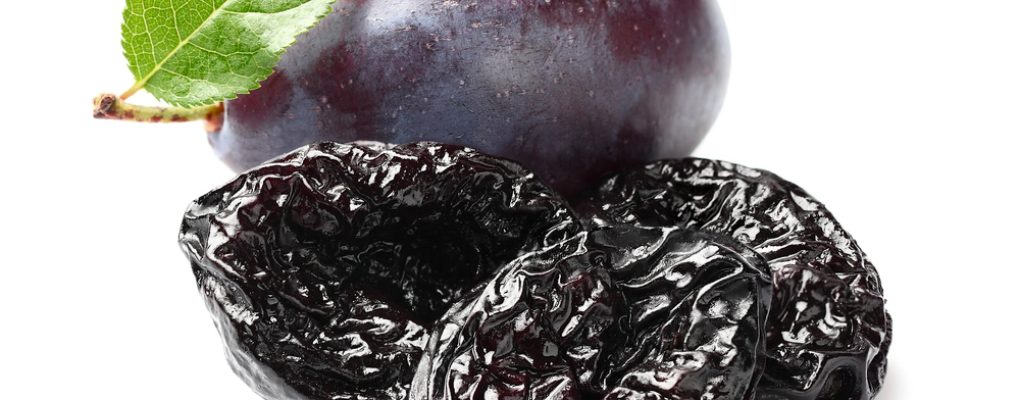
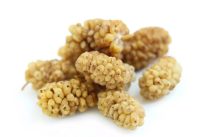
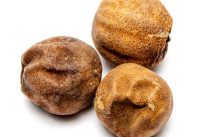
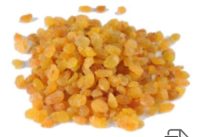
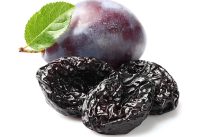
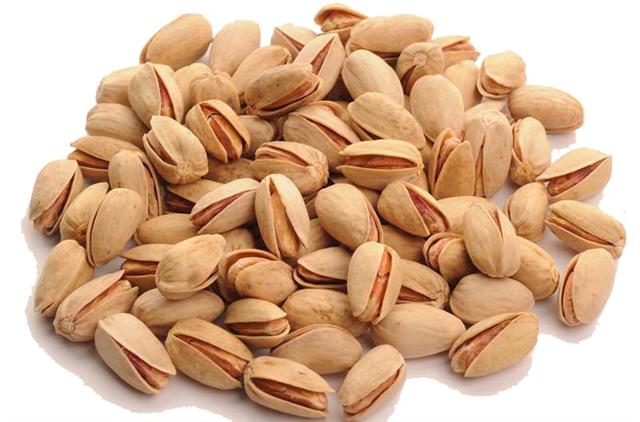
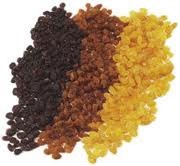 3 kind raisin
3 kind raisin 